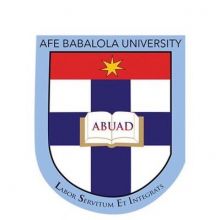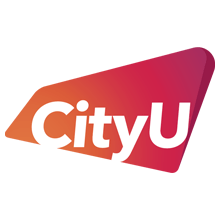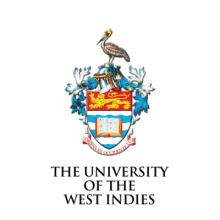
Studying at a US college is the dream for many people, but for international students looking to apply from overseas there can be a number of differences between the American system and how things work at home.
And that’s aside from the competition. With it being one of the most popular destinations for education in the world, how can you ensure you stand the best chance at being accepted in the US?
The US system places greater emphasis on non-academic aspects of an application in comparison with other countries. While standard academic results are an important aspect of any university’s admissions criteria, typically US colleges look for a well-rounded candidate who demonstrates keen interest in both the subjects they are studying and social activities beyond the classroom.
The key components
There are three main types of applications: the Common Application, Universal College Application (UCA), and individual institution applications. The Common Application and UCA are methods that reach several universities in a single form.
Whichever method you choose, an admissions essay will be required. Like any admissions letter, this is a chance to grab attention and stand out from the crowd so include personal stories relating to the subject you’re interested in, the location where you wish to study (trips, ties to the area, books or articles you’ve read, talks you’ve attended etc), hobbies and interests, and relevant work experience.
Standing out from the hundreds of thousands of applications sent annually is no easy task. However, there are many ways to strengthen your essay and the rest of your application outside academia. Volunteering is an ideal way to gain additional points in your favour and further your personal development.
Mixing community projects with experience in a field of interest related to your chosen degree is a perfect way to jump ahead of other prospective students.
How to write a US college admissions essay
7 tips for applying to top universities in England and the United States
Four things international students should know about studying in the US
The cost of studying at a university in the United States
Scholarships available in the US for international students
Start early
A key piece of advice when looking at US universities is to start your search and application as early as possible. Choosing a course and college is a significant decision in a student’s life, so care must be taken to avoid signing up to a subject of only passing interest. It is also important to remember that the application process in America is diverse, with differing requirements at each college, so time will need to be taken to ensure your application fits your college.
Unlike the Ucas system in the UK, many colleges will ask for unique materials in order to appeal to their admissions teams, so be aware of what you may need and get an early start on assembling these things.
An ideal starting point is 12 months before you want to start; this offers ample time to arrange for applications, visas, critical essays and travelling to visit prospective campuses.
Head direct to the source
Making the decision on where to spend your university years is tough. Spending hours reading guides and insights on how to stand the best chance of making it into a top tier institution can become all-consuming. One of the easiest ways to gain an insight into what these colleges are looking for in a student is to reach out directly and speak to the admissions teams. They are there to offer support to prospective students.
While they won’t help you complete the whole process or offer unfair advantages, they can be a good source of information when it comes to what the college is looking for and things that could boost your chances of securing a place.
If possible, you could also get in touch with current students to talk to them about your application.
Once your application is complete, there are still hurdles to jump: visas, language proficiency tests, finances and living arrangements. But a significant step has already been taken to get started with studying in the US.
Read more: Hoping to apply to a US university as a foreign student?



















Have your say